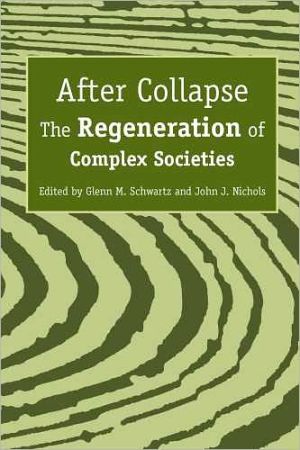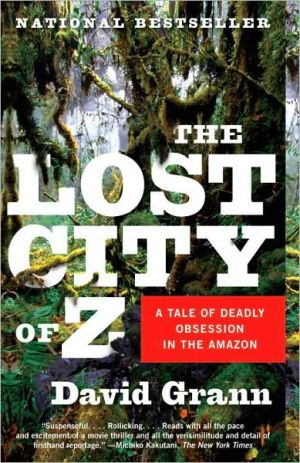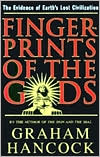After Collapse: The Regeneration of Complex Societies
From the Euphrates Valley to the southern Peruvian Andes, early complex societies have risen and fallen, but in some cases they have also been reborn. Prior archaeological investigation of these societies has focused primarily on emergence and collapse. This is the first book-length work to examine the question of how and why early complex urban societies have reappeared after periods of decentralization and collapse. It opens up a new window on the past by shifting the focus away from the...
Search in google:
After Collapse blazes new research trails in both archaeology and the study of social change, demonstrating that archaeology can offer more clues to the "dark ages" that precede regeneration than text-based studies. It opens up a new window on the past by shifting the focus away from the rise and fall of ancient civilizations to their often more telling fall and rise.
1From collapse to regeneration32The demise and regeneration of Bronze Age urban centers in the Euphrates Valley of Syria183Amorites, onagers, and social reorganization in Middle Bronze Age Syria384"Lo, nobles lament, the poor rejoice" : state formation in the wake of social flux585The collapse and regeneration of complex society in Greece, 1500-500 B.C.726Inca state origins : collapse and regeneration in the Southern Peruvian Andes857Regeneration as transformation : postcollapse society in Nasca, Peru998After state collapse : how Tumilaca communities developed in the Upper Moquegua Valley, Peru1149Patterns of political regeneration in Southeast and East Asia13710From Funan to Angkor : collapse and regeneration in ancient Cambodia14411Framing the Maya collapse : continuity, discontinuity, method, and practice in the classic to postclassic Southern Maya Lowlands16812Postclassic Maya society regenerated at Mayapan18813Before and after collapse : reflections on the regeneration of social complexity20814Notes on regeneration222








